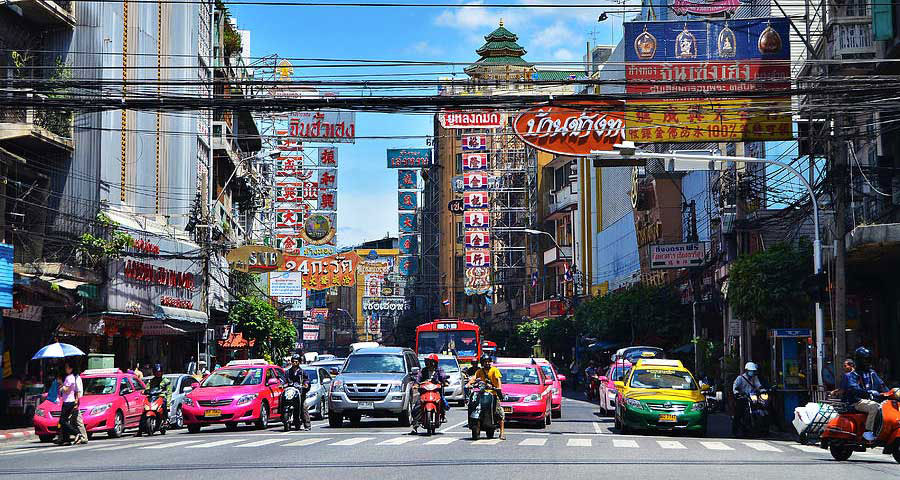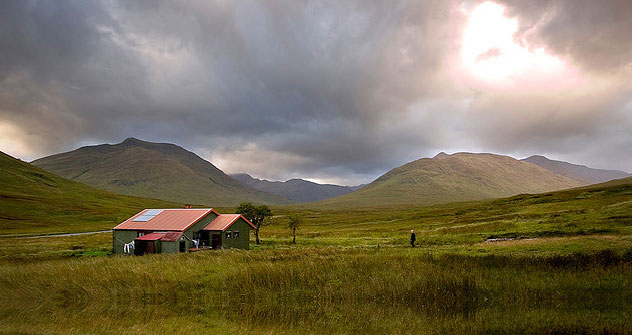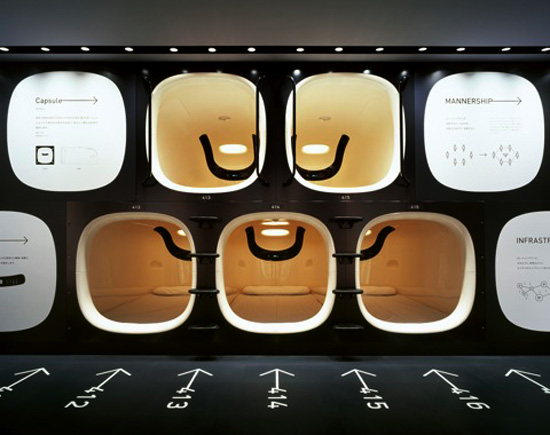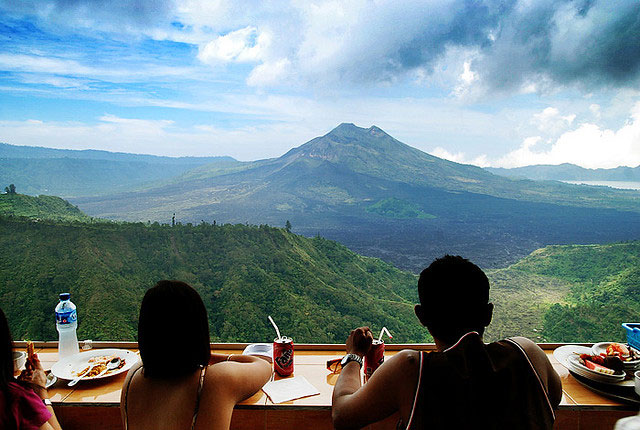Your Fender-Bender Will Not Become an International Incident

Although “motoring” through your international vacation unquestionably adds to the adventure, it does pose a few challenges. In some countries, of course, the people drive on “the wrong” side of the road; and in some countries, streets converge in monumental traffic circles designed to dizzy drivers at just the sight of them. Often, cars share the road with everything from exotic sports cars to mule-drawn wagons. Clearly, if you plan to rent a car and drive through a “foreign” place, you should know how to avoid accidents and what to do in case you do collide with a scenic attraction. Experts agree:
Prepare: Study the laws, and check your coverage.
While you study the laws, pay special attention to procedures for managing collisions, and note that, in most countries, you must not leave the scene of an accident until a law enforcement officer releases you. Check with your credit card companies to determine what sort of insurance coverage and travel assistance they include among your privileges, and check with your regular insurance company to see what international accident assistance they may render. Discuss the best insurance protection when you reserve your rental car, and ask the company what kind of accident assistance it will provide. In fact, you may want to shop according to best accident support.
Prepare more: Study the maps.
Experienced international road warriors stress the importance of studying road maps and learning all about signals and signs before you go. As you study road maps, trace your best routes, getting assistance from internet mapping services. Anticipate where traffic or geography may complicate your drive, and think about how you want to manage the complications. Look for tough spots along your route and anticipate handling them. Some veteran travelers even suggest you simulate your drives with Google satellite maps, learning landmarks and hazards. Most experts recommend you master international automotive jargon. Learn the words and phrases for “flat tire,” “overheated,” “major breakdown” and “minor traffic accident.” Even English-speaking countries use “foreign” terms. For example, what Americans call “the hood” the British call “the bonnet,” and American “gas” is British “petrol.”
If you collide, call the consulate. And the rental company.
If you have a traffic accident, call the American consulate right away. Whether or not you get a diplomatic envoy, you will get advice and counsel from a person who speaks the language and understands the customs. If you have violated a local law, you may receive legal representation, or the consulate may refer you to an attorney with “accidental tourist” experience. After consultation with the consulate, call your rental car company, and follow their agent’s directions for filing insurance claims and securing a replacement vehicle. Do not volunteer your speculations about who may be at-fault in the accident. Just report the facts and follow directions.
Follow your common sense.
A car accident is a car accident regardless of language or scenery. Make sure you and your passengers are safe, check for leaking fluids and fire hazards, and take lots of pictures. Collect as much eyewitness information and testimony as you can. Most of all, remain patient, thoughtful, and courteous, keeping faith the incident eventually will become a great blog post.
Noting always that advance preparation and a timely call to the American Consulate were essential to getting through the incident unscathed, those “accidental” tourists who have collided with various road hazards in Europe, Asia, and Australia report the experience is “not nearly as bad as you imagine.” They generally agree with Allison Newman, who explains, “I had a minor fender-bender in Sydney, and I was terrified it would be a nightmare. Honestly, if I had the same little bump at home in Phoenix, it probably would have been much worse.”
-Subscribe to get free updates via RSS or email, follow us on Twitter or find us on Facebook-







